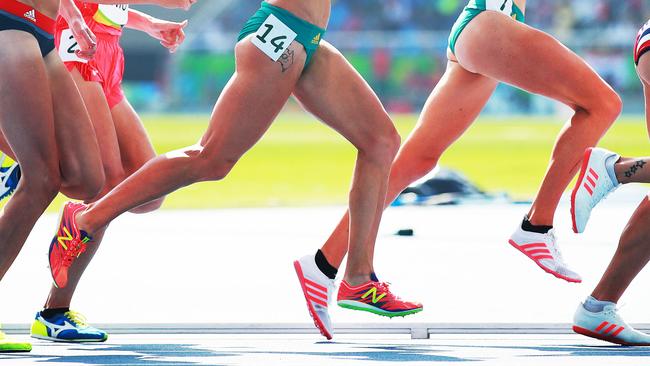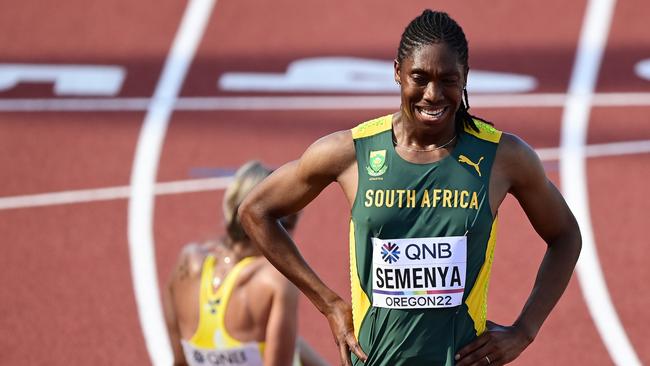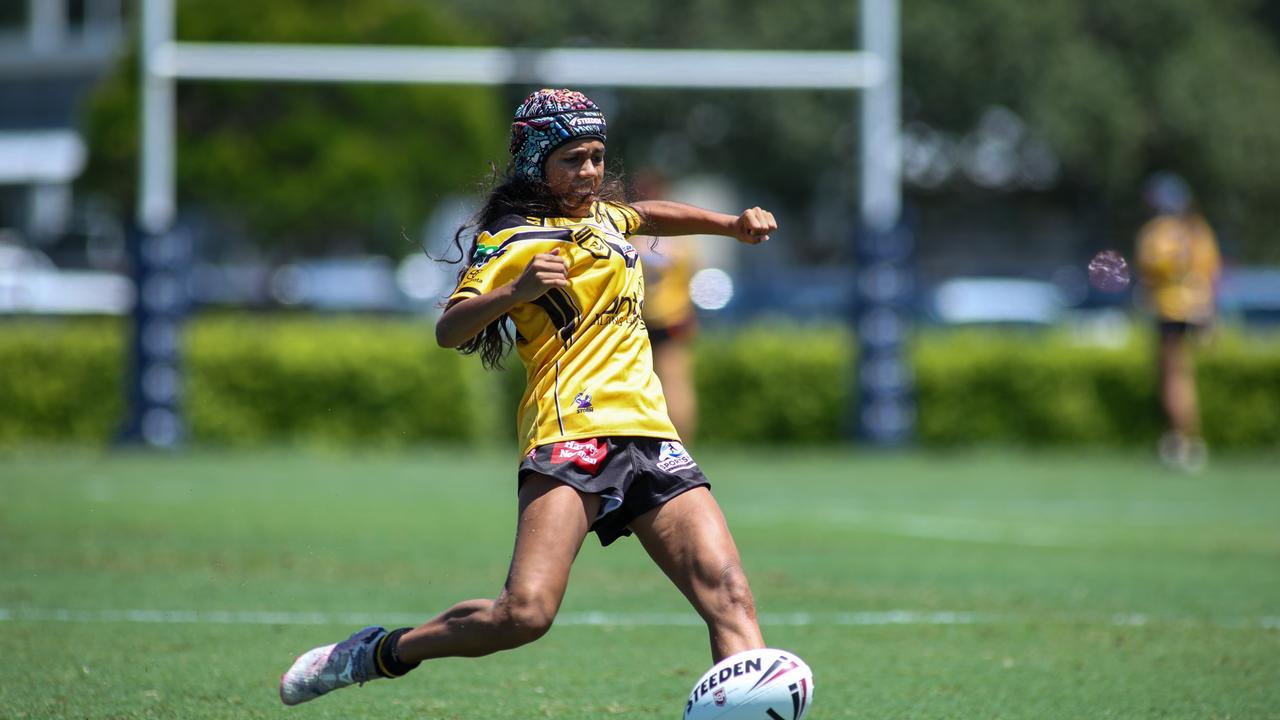World athletics to hold a vote on allowing trans women to compete in female competitions
World Athletics are pushing ahead with a controversial plan to allow transgender women to compete in female competition in international track and field events in a rule change that could divide world sport.

Other Sports
Don't miss out on the headlines from Other Sports. Followed categories will be added to My News.
World Athletics are pushing ahead with a controversial plan to allow transgender women to compete in female competition in international track and field events in a rule change that could divide world sport.
One of the most debated and divisive topics in world sport is set to come to a head for many organisations in 2023 and World Athletics is making moves to avoid an outright ban on trans athletes.
A proposed rule change was sent to athletics federations around the world last November with a vote to be held in March.
The UK’s Telegraph newspaper has reported that World Athletics “preferred option” would involve halving maximum permitted plasma testosterone thresholds for trans women - from 5 nanomoles per litre to 2.5 nmol/L - and doubling the period they must remain below that threshold before competing from one to two years.
The preferred option would also apply to the regulations governing athletes with differences of sexual development (DSD), such as South African runner Caster Semenya.

DSD athletes must remain below a 5nmol/L threshold for just six months to compete in events from 400m to 1500m.
“This preferred option would allow significant (although not full) reduction of anaerobic, aerobic performances and body composition changes, while still providing a path for eligibility of trans women and 46 XY DSD individuals to compete in the female category,” the consultaiotn letter sent to organisations said.
World Athletics president Sebastien Coe said told media after last November’s meeting that his sport would find the balance between fairness and inclusiveness.
“In terms of these regulations, we will follow the science and the decade and more of the research we have in this area in order to protect the female category, maintain fairness in our competitions and remain as inclusive as possible,” Coe said.
International sporting organisations are grappling with rules and regulations, trying to strike a balance between what is fair for female-born athletes and how to include transgender competitors.
World Aquatics was one of the first international sports to reveal plans for a trans ban at last year’s world titles, but the controversial decision faced fierce backlash and plans for a final vote on the policy have since been delayed.
The International Olympic Committee has advised all member sports that any policies are to consider fairness and scientific evidence when discussing eligibility criteria for trans athletes and their involvement in women’s competition.




